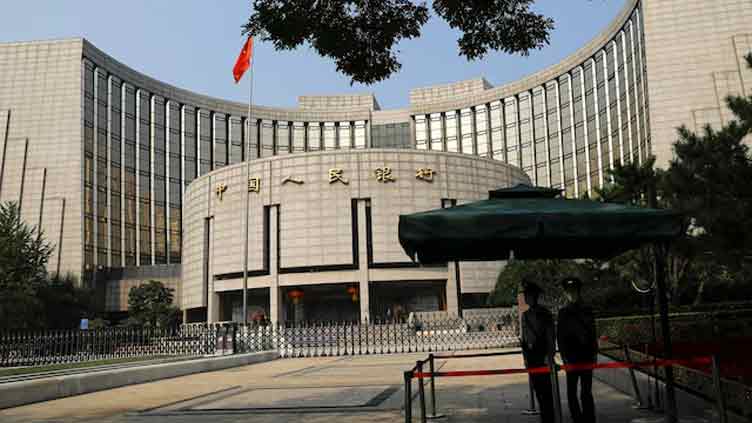China leaves benchmark lending rates unchanged as expected in Feb

Business
The one-year loan prime rate (LPR) was kept at 3.10%
SHANGHAI (Reuters) - China left benchmark lending rates unchanged at the monthly fixing on Thursday, showing authorities are going slow with monetary stimulus as they prioritise financial and currency stability.
A weakening yuan and narrowing net interest margins at commercial banks limit Beijing's monetary easing scope at a time when China is facing renewed trade tensions with a new Donald Trump administration in the United States.
Advertisement · Scroll to continue
The one-year loan prime rate (LPR) was kept at 3.10%, while the five-year LPR was unchanged at 3.60%.
In a Reuters poll of 30 market participants conducted this week, all of them expected no changes to either of the two rates.
Chinese banks extended 5.13 trillion yuan ($704.35 billion)in new yuan loans in January, more than quadrupling the December figure, beating analysts' forecasts. However, the pace of lending growth compared with a year earlier hit a record low, indicating credit demand remains sluggish amid economic uncertainties.
China's yuan has lost 2.4% against the dollar since Donald Trump's election win in November.
China's central bank said last week that it would adjust its monetary policy at the appropriate time to support the economy, amid rising external headwinds, particularly led by the threat of an escalating trade war with the United States under President Donald Trump.
Trump has announced a 10% tariff on Chinese imports as part of a broad plan to improve the U.S. trade balance, triggering retaliation from Beijing.
During Trump's first term as president, a series of tit-for-tat U.S.-China tariff announcements drove the yuan down more than 12% against the dollar between March 2018 and May 2020.
The authorities will likely guide deposit rates moderately lower and accelerate replenishment of bank capital to alleviate net interest margin pressure at commercial banks, said Wang Qing, chief macro analyst at Golden Credit Rating.
"Changes to the pace of interest rate cuts by the Federal Reserve or yuan fluctuations in 2025 will not materially affect the implementation of the central bank's appropriately loose monetary policy," Wang said.


